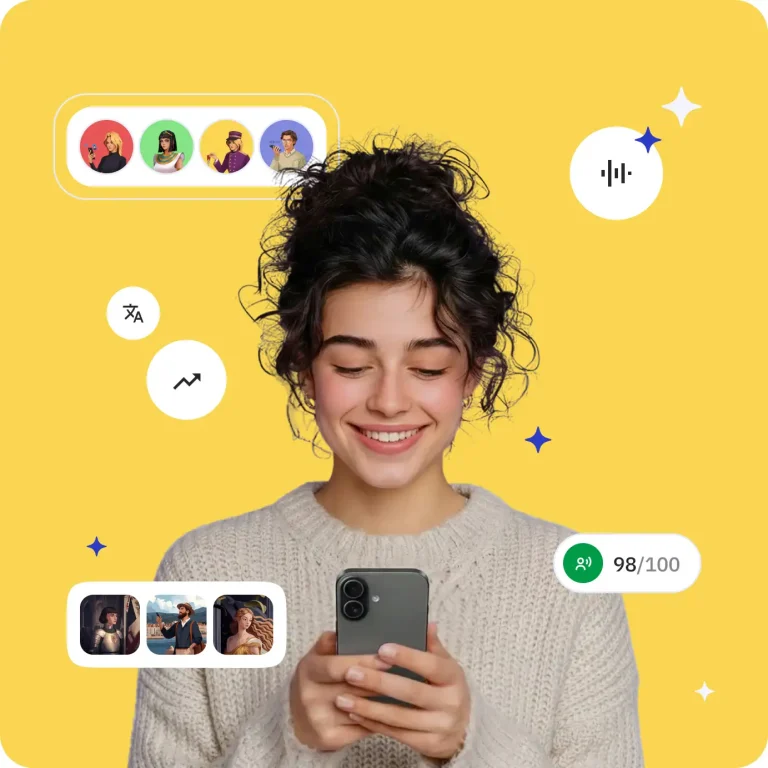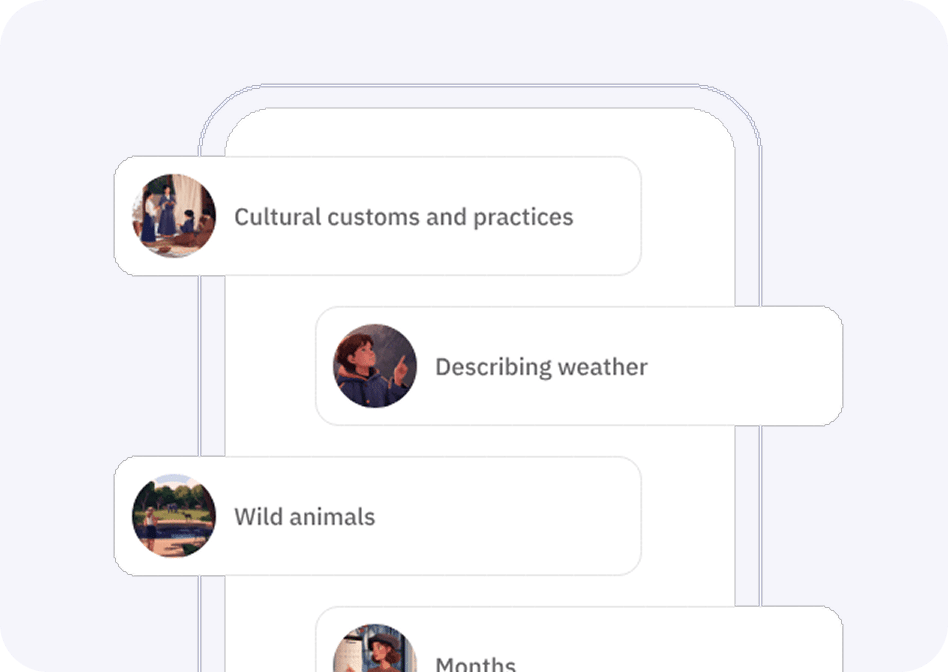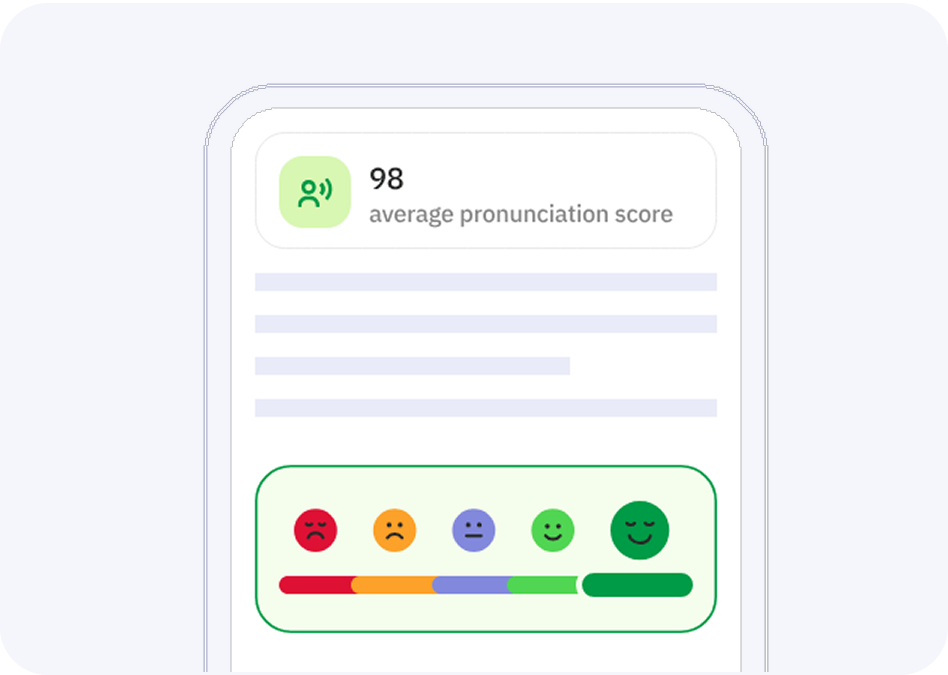Babbel vs Rosetta Stone: Which Language Learning App Is More Efficient?
Language learning is an all-important aspect of human development. With over 7000 languages worldwide, the struggle to learn languages effectively and efficiently can be daunting. What if there was an easier way? A way paved by the strides of Artificial Intelligence (AI) in transforming language learning dynamics? Thanks to technology, companies like Babbel and Rosetta Stone have developed AI-powered apps to make language learning simple, efficient, and immersive. This article aims to dissect these two powerhouses in language learning, gauging their effectiveness and efficiency accordingly. So, sit back and let’s delve into the world of AI language learning. As fascinating as it is innovative, isn’t it all about learning differently?

The talkpal difference

Personalized Education
Every student has a distinct style of acquiring knowledge. Through Talkpal technology, we analyze the study patterns of millions of users concurrently to build highly effective educational frameworks. These insights allow us to fully customize the lesson plans for every single user based on their specific interests and needs.

Cutting-Edge Technology
Our main mission is to lead the way in providing a unique study experience for every person. We accomplish this by leveraging the most recent innovations in technology to ensure you get the best AI-driven guidance available.

Making Learning Fun
We have transformed the educational process into a delightful activity. Since maintaining motivation in an online setting is often difficult, we developed Talkpal to be immersive and exciting. The experience is so compelling that many users prefer improving their language skills with our app instead of playing video games.
LANGUAGE LEARNING EXCELLENCE
The most efficient way to learn a language
Try Talkpal for freeBabbel Overview
Babbel, a Berlin-based company, has curved its niche in the language learning industry since its establishment in 2007. Tailored lessons, personalized review sessions, and a notable array of languages offered are some of the hallmarks of the Babbel app. But how well does Babbel utilize AI in transforming the landscape of language learning?
The AI and Babbel
With a primary emphasis on conversation skills, Babbel harnesses AI to personalise users’ learning experiences. Have you ever wondered how it would feel to learn at your own pace, in your own style, and yet grasp the language effectively? Well, that’s the magic Babble creates using the power of AI.
Rosetta Stone Overview
Stepping into the field of language learning in 1992, Rosetta Stone roots run deep. Its remarkable immersive methods, extensive languages catalogue, and live tutoring sessions encompass the company’s commitment to efficient language learning. But let’s focus more on how Rosetta Stone embraces AI in its approach.
The AI in Rosetta Stone
Imagine walking the streets of Paris, mingling with the locals, making jokes and enjoying the magic of authentic French conversation. Rosetta Stone offers precisely that – an immersive instruction that transcends beyond vocabulary and phrases. AI technology in their platform simulates real-life scenarios, immersing learners in cultural nuances, accents, and colloquialisms, thus providing a comprehensive language learning experience.
TalkPal and AI Language Learning
Amid these titans, another AI language learning platform proves its worth. TalkPal – an effective, efficient solution offers an immersive, personalized learning environment for users. With a commitment to offering the best price-performance language platform, TalkPal leverages AI for highly engaging interactive sessions.
Conclusion
The question of efficiency boils down to personal preferences. Babbel shines in conversation-based learning while Rosetta Stone excels in immersive language instruction. However, the emerging TalkPal presents an all-around, highly interactive, and efficient language learning alternative to both.
The most efficient way to learn a language
Try Talkpal for freeFrequently Asked Questions
Who founded Babbel?
How old is Rosetta Stone?
What languages does TalkPal offer?
Who is the target audience for these language apps?
How does AI personalise learning?







